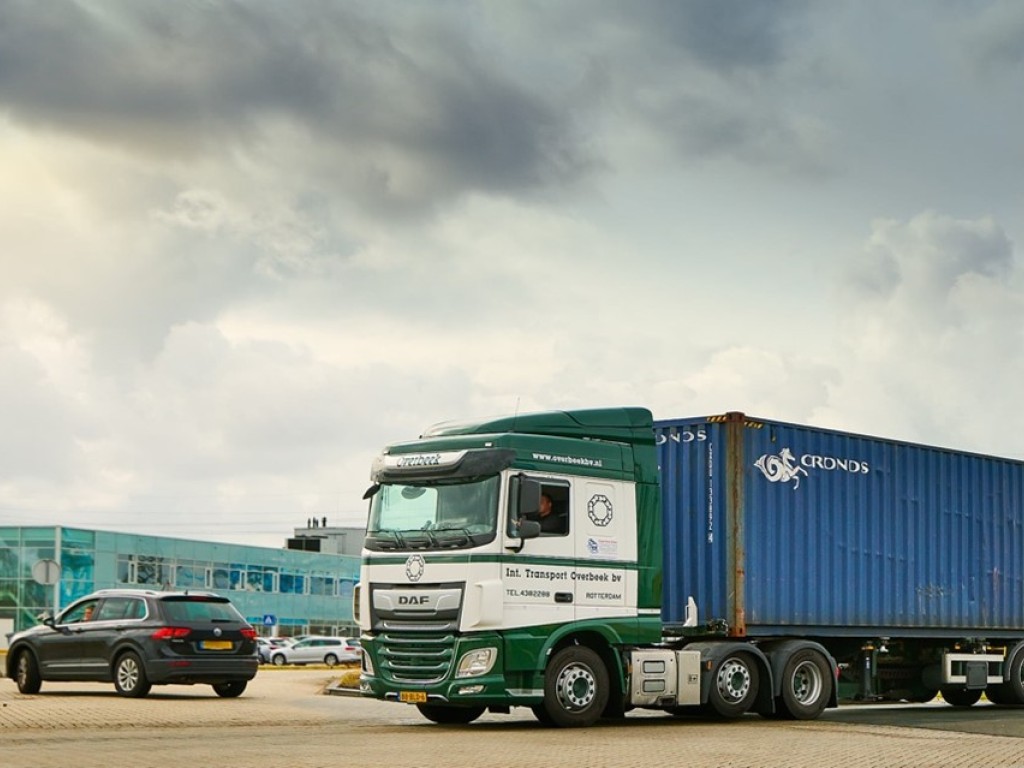COMPOSE 2.0

The goal of this research project, called Compose 2.0, is to further build on the work that was previously conducted under ‘Compose 1.0’. In particular we wish to study and understand how human behavior influences the scaling up of horizontal collaboration in supply chains. Practical experience has shown us that an attractive (financial or environmental) business case is not enough to make collaboration a lasting success. Instead, it is key to understand the underlying human behavior, since after all it are human beings that decide on the starting and continuation of collaborative projects. Following the promising results of Compose 1.0, in this project we will intensify the combination of the academic fields of operations research (for the financial business case) and social psychology (for the personal incentives). We suspect that the combination of these fields can reveal underlying dynamics in the creation and sustainability of collaborative supply chain initiatives. In parallel to this project, our partner evofenedex will test the new insights with their membership community. As a follow-up of the research oriented Compose 2.0, we envision a Compose 3.0 that aims at implementing the tools and insights from Compose 2.0 in practice. The overall long-term objective is that Compose becomes a sustainable concept for horizontal collaboration, well accepted and successful in the market and supported by knowledge, tooling and consultants. The mission of Compose 2.0 is improve the performance of supply chains by incorporating the complete ecosystem of shippers, LSPs, knowledge institutes, governments, innovative platforms, etc. Only in that way we can better understand under which conditions collaboration is likely to succeed and, therefore, understand how they should be shaped to maximize the probability of success. By conducting carefully designed decision-making experiments, we will shed light on what the actual behavioral hurdles for collaboration are. Only then we can devise ways to overcome these hurdles. In addition to panel experiments about horizontal collaboration, we will make use of the evofenedex member companies to test our insights in practice. Furthermore, based on the results and earlier created material of Compose 1.0, we will develop education material, which can be used in bachelor curricula. The Rotterdam University of Applied Sciences will play an important role here to create and to test this education material in practice by the students.